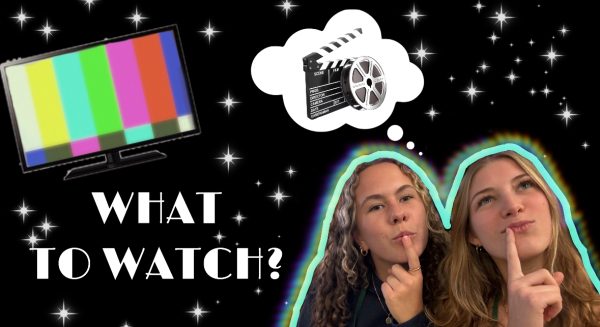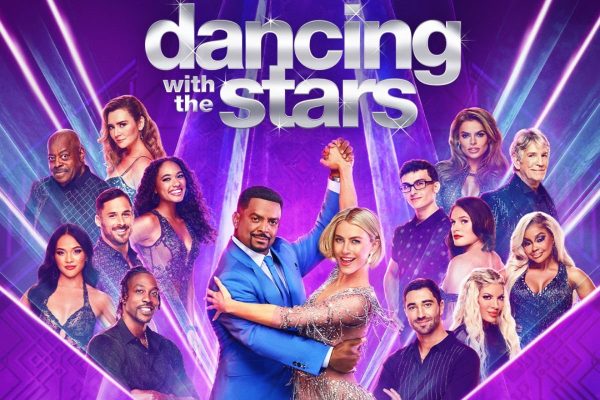Brexit with Benedict Cumberbatch: Review
As the United Kingdom prepares to leave the European Union on March 29th, a new political drama on HBO called Brexit (starring Benedict Cumberbatch; about an hour and a half) chronicles the rise of the Vote Leave campaign in the United Kingdom and their improbable victory in the 2016 referendum. Cumberbatch stars as Dominic Cummings, the director of the Leave campaign and its lead strategist. I got a chance to watch Brexit last weekend, and I highly recommend it, even if you’re not interested in world politics (although it’s better if you are!).
The film begins with Cummings’ reluctant acceptance of an offer to join the campaign by fellow Brexiteers in 2015. He demands full control over the campaign’s strategy and messaging, and receives it. Up until that point, most Brexit supporters were disorganized and widely seen as right-wing radicals. Cummings changes that, condensing anti-EU sentiment into one central slogan: take back control. He opts to avoid discussing controversial issues like immigration openly. The real key to the campaign’s success, however, was through innovative targeting of non-voters on social media. Cummings spends the vast majority of the campaign budget on online advertising and finds 3 million extra voters to support the campaign. (These same social media strategies were adopted by supporters of the Trump campaign in 2016, propelling them to a similar victory.) As the movie continues, Cummings is pitted against his rival and counterpart Craig Oliver at the Remain camp. The best scene comes during one of Oliver’s conversations with a focus group, where an angry and desperate supporter of Brexit expresses that she has nothing to lose. The Leave campaign is able to effectively harness the resentment of many working-class voters to victory. By the time Oliver realizes Cummings’ strategy, it’s too late. The Leave campaign wins by a surprising 4-point margin. Cummings ultimately seems dissatisfied with the outcome of the referendum, expressing at the very end that Brexit has not disrupted politics as he hoped it would, although this scene is pure fiction.
My one complaint is that there are too many characters to keep track of, especially in the beginning, but that’s ultimately necessary to tell the true story as it unfolded. Brexit does a good job of turning a typically-dull subject into an informative thriller, interspersing real life footage of the events with fiction. If you’re interested in understanding why voters support issues like Brexit and politicians like Trump, there’s no better movie.







